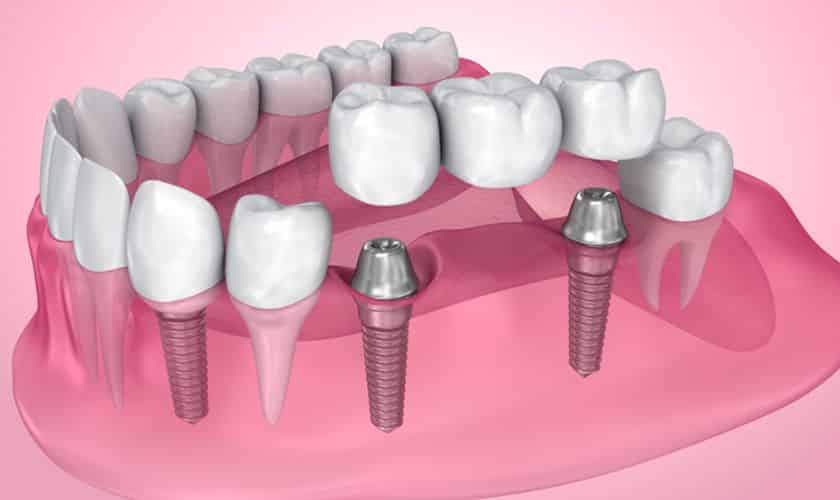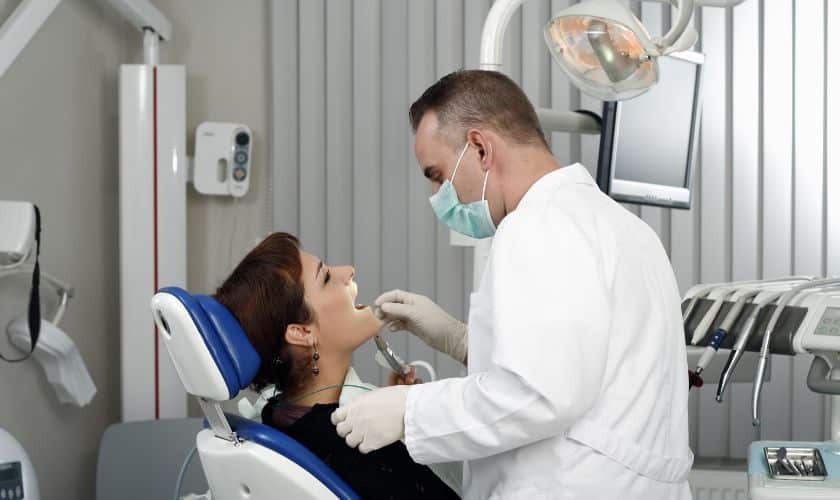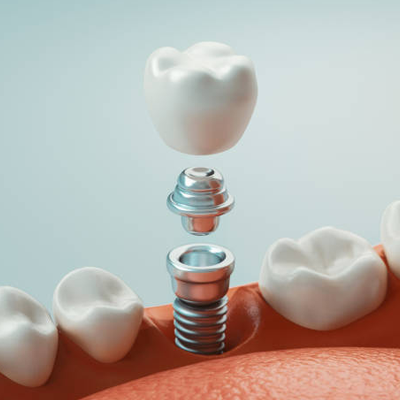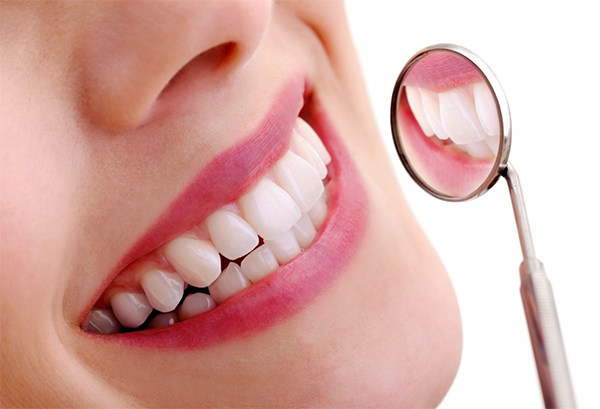
Overview of Dental Implants as a Tooth Replacement Option
In recent years, dental implants have revolutionized the field of dentistry by providing a durable and natural-looking solution for tooth replacement. Unlike traditional dentures or bridges, dental implants offer a permanent and stable foundation for artificial teeth. This blog aims to delve into the potential scope of dental implant replacements, shedding light on the factors that influence the number of teeth that can be effectively replaced.
The Importance of Understanding the Potential Scope of Dental Implant Replacements
As the popularity of dental implants continues to grow, it becomes crucial for individuals to comprehend the range of possibilities and limitations associated with this innovative tooth replacement option. Whether you’re considering a single tooth implant or a more extensive restoration, understanding the influencing factors is essential for making informed decisions about your oral health.
C. Purpose of the Blog: To Explore the Limits and Possibilities of Replacing Teeth with Implants
This blog serves the purpose of providing comprehensive insights into the world of dental implants. From bone health considerations to individual patient needs, we’ll explore the factors that play a pivotal role in determining how many teeth can be successfully replaced with dental implants.
Factors Influencing the Number of Implants
A. Bone Health and Density Considerations
One of the primary factors influencing the number of teeth that can be replaced with dental implants is the health and density of the jawbone. Dental implants rely on a sturdy foundation provided by the jawbone, mimicking the natural tooth root. In cases where bone health is compromised due to conditions like periodontal disease or long-term tooth loss, additional procedures such as bone grafting may be necessary to ensure the success of the implant.
B. Gum and Tissue Health
Healthy gums and supportive tissues are equally critical for the success of dental implants. The gums provide a protective barrier around the implant, preventing infections and ensuring a secure fit. If an individual has compromised gum health, it may affect the number of implants that can be placed. Periodontal treatments or tissue grafts may be recommended to optimize the conditions for successful implant integration.
C. Individual Patient Needs and Goals
Each patient is unique, and their dental implant journey is influenced by their specific needs and goals. Healthy gums, aesthetics, and function drive how many teeth implants can replace. Madison Dentistry tailors solutions for your unique needs. A thorough consultation with a qualified dentist in Madison is crucial to assess these individual factors and develop a personalized treatment plan.
In conclusion, the potential number of teeth that can be replaced with dental implants depends on various factors, including bone health, gum condition, and individual patient needs. It is essential for individuals to seek guidance from experienced dental professionals who can assess these factors and provide personalized recommendations. At Madison Dentistry, we are committed to helping our patients achieve optimal oral health and beautiful smiles through state-of-the-art dental implant solutions. Contact us today to schedule a consultation and embark on your journey towards a confident and functional smile.











